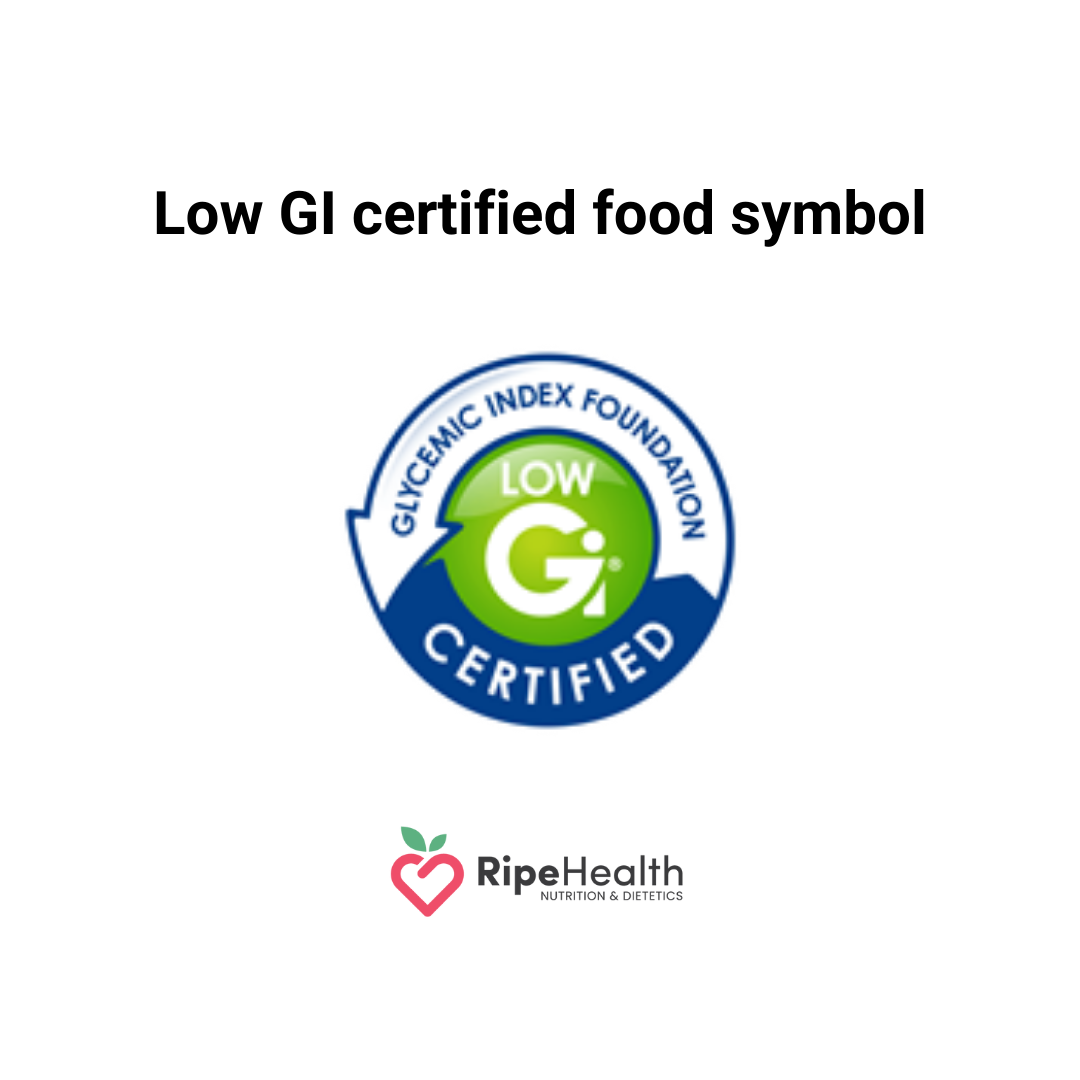5 Facts About Diabetes Diet
We are answering all your top 5 questions about diabetes!
When you live with diabetes, meal choices can be daunting and confusing. Whether you were recently diagnosed with diabetes or have been living with it for the past 10 years, you may be wondering about what you can or cannot eat. Many would also wonder whether the meals that they are eating will dramatically impact their blood sugar level.
In this article, we will be providing you with the answers for some of the most frequently asked questions (FAQ) for diet and diabetes:
1. Which food/drink will rise my blood sugar level?
The food/drink which will rise your blood sugar level is known as carbohydrates. Carbohydrates refer to the foods or drinks that will be broken down into sugar (or also known as glucose) in our body. These are normally found in healthy foods such as grains, vegetables, dairy and fruits. They are also found in soft drinks, cordial, ice cream, chips, lollies, albeit these choices are less healthier due to amount of added sugar in them.
Foods such as protein (normally found in meat, poultry, pork and eggs) and fats (oil, nuts and seeds) will have minimal influence on your blood sugar level.
2. Should I be cutting out carbohydrate from my diet?
Carbohydrates are important as they are the primary source of fuel for our body. These sugars/glucose allow every single cells in our body to work as normal. Contrary to some information that you may have heard, you don’t have to cut out all carbohydrates from your diet as your healthy carbohydrates contain many important vitamins and minerals which support your health and wellbeing (such as vitamin B complex and Calcium).
3. Should I try a low carbohydrate diet to reverse my diabetes?
According to Diabetes Victoria position statement, a lower carbohydrate diet can help to improve diabetes within the first 6 months of commencement. However, this benefit disappears after 12 months of monitoring.
In special circumstances, your dietitian can also provide you further advice on whether lower carbohydrate is safe and appropriate for you. The dietitian at Ripe Health is trained to provide this information, and also to ensure that you are following this safely.
4. How do I choose healthy foods in supermarket?
You may have seen some products in the market which contains a Glycaemix Index symbol. Glycaemic Index/GI refers to how quickly your body breaks down carbohydrate that you consume. Ideally, we want to be eating more low GI foods in our diet as this will help to keep us fuller for longer and keep our blood sugar stable. This is due to the the fact that low GI foods are digested slower in our body than high GI foods (lollies, ice cream, white bread).
Examples of low GI food products commonly found in supermarket
You can find more certified low GI products in Australia in the GI symbol website here.
Low GI food symbol
5. What should I eat if I have diabetes?
Aim to eat 3 meals in the day to keep your blood sugar stable. Minimise meal skipping instances if as you may be at risk of hypoglycaemia or low blood sugar (defined as <4mmol/L). Your dietitian can provide you with more information on what the signs and symptoms of low blood sugar and actions to take when it happens. Choose lower GI foods and drinks to keep your blood sugar stable and to nourish your body. Aim to have a balanced meal at every single meal time which is predominantly filled with vegetables. Pair these together with a good quality protein and low GI carbohydrate on the side.
More information:
Interested in learning more about what you can eat to improve your diabetes and your sugar level? We can support you in this and provide you with individualized strategies to help you take control of your diabetes, reduce your diabetes medication and prevent diabetes complications (eye, feet and kidney). Get in touch with us now via email (hello@ripehealth.com.au) or Facebook (Ripe Health GV).




